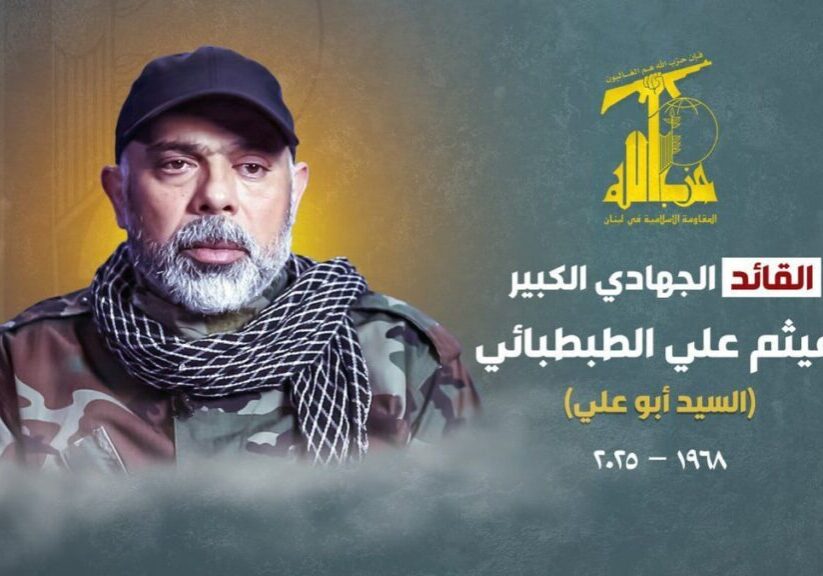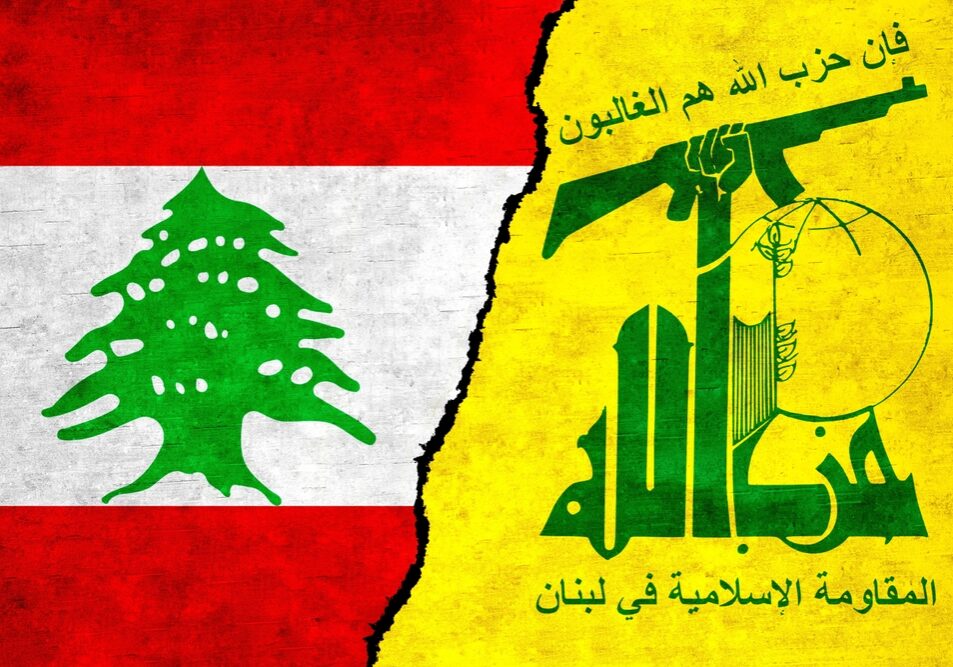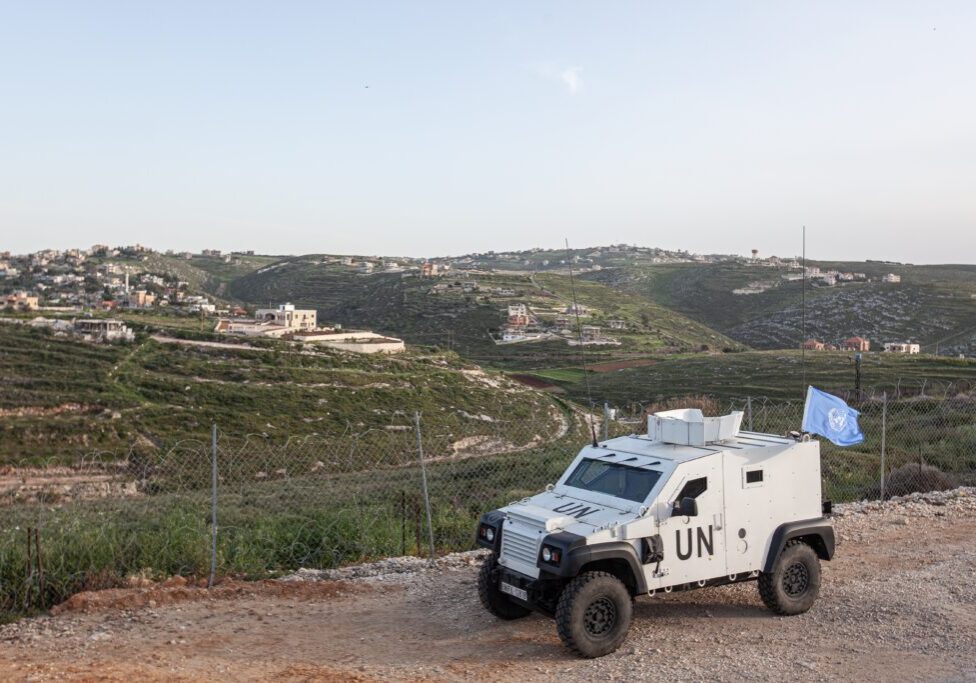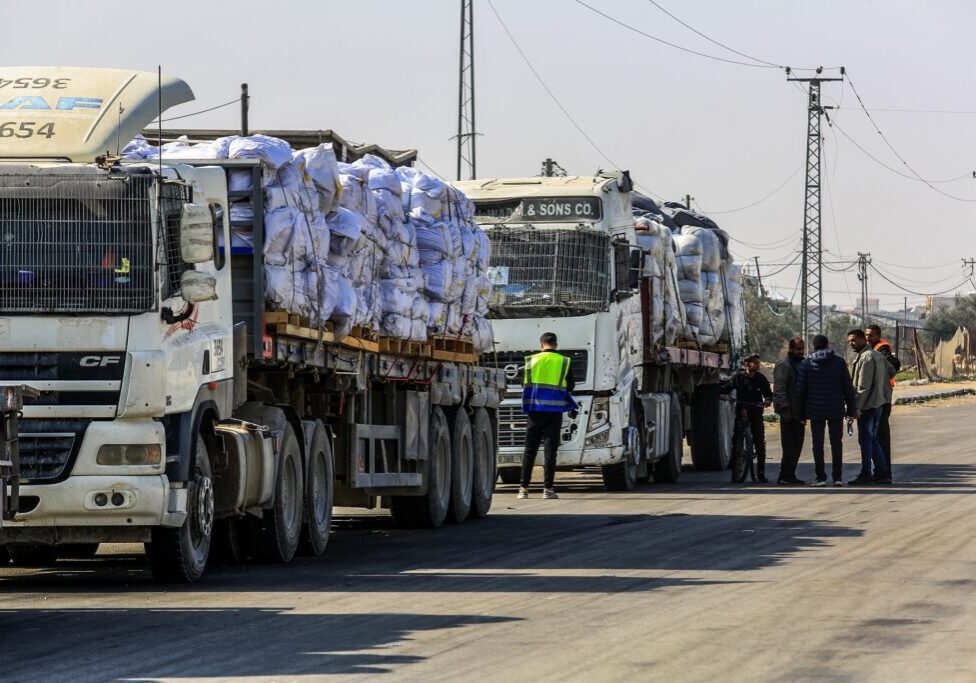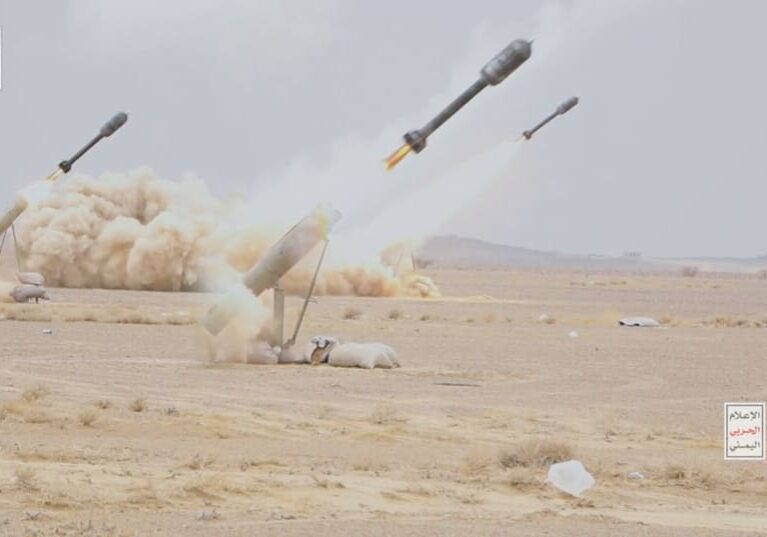Australia/Israel Review
Crisis in Lebanon
Nov 24, 2017 | Amotz Asa-El
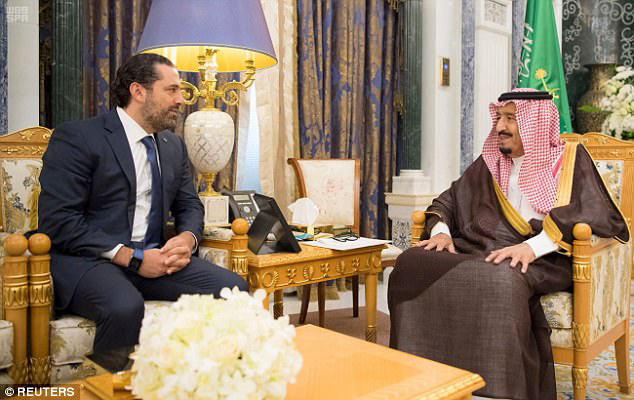
Israel watches as Saudis and Iranians square off
Amotz Asa-El
It brought to mind unpleasant associations: Czechoslovak President Emile Hacha learning in Hitler’s chambers that his host is in the middle of invading his country; Romanian King Michael signing his own abdication while looking down the gunbarrels of Stalinist rebels; or consiglieri Tom Hagen’s kidnapping as a prelude to underworld negotiations in “The Godfather.”
Lebanese Prime Minister Sa’ad Hariri’s cryptic journey to Saudi Arabia on November 4, where he announced his resignation and remained stranded – is obviously not fully analogous to these precedents.
Then again, like the wartime Czech leader, he too appears helpless in the face of a ruthless greater power; like Romania’s last king he appears to be the victim of his de-facto removal by foreigners; and like the filmic Mafioso Hagen he is caught up in a turf war that is larger than he is.
Just what transpired when the 47-year-old Hariri arrived in Riyadh is unclear, but circumstantial evidence suggests the resignation was not his idea and its text was written by someone else.
What is clear is that resignations – from Richard Nixon’s to King Edward VIII’s to Pope Benedict’s – are not normally announced from abroad. Hariri’s was, which he attributed to an immediate threat to his life back in Beirut.
Considering his father Rafiq’s death in 2005, when he and 20 others in and near his motorcade were blown up by two tons of dynamite, the son’s fear cannot be dismissed as farfetched. What sounded less sincere were the harsh words he used against Hezbollah.
In blaming the Shi’ite militia for “pointing weapons” at Arabs in Lebanon, Syria and Yemen, and in implicitly threatening Iran by saying the Arab nation will “cut off the hands that are wickedly extended to it” – the ordinarily soft-spoken Hariri sounded as if he were channelling someone else entirely.
The elder Hariri stood up to Bashar Assad, who is widely believed to have ordered his assassination, though evidence from a UN investigation makes it clear that Hezbollah almost certainly had a role in carrying it out. Lacking his self-made father’s charisma and resolve, the younger Hariri has generally sought live-and-let-live arrangements between the Lebanese Sunnis, which he leads, and the Shi’ite minority which is concentrated in the country’s south, and today effectively dominates the country’s politics through the superior military power of Hezbollah.
That is why as prime minister he went along with Christian President Michel Aoun’s inclusive approach to Hezbollah, giving the organisation two seats in his cabinet. That is also why it seemed quite natural for Hariri to meet in Beirut with Ali Akbar Velayati, political advisor to Iran’s supreme leader Ali Khamenei, and the former foreign minister of the Islamic Republic that sponsors Hezbollah.
Having taken place but a day before Hariri’s resignation in Riyadh, the meeting in Beirut – after which Velayati hailed the Lebanese coalition as “a great success” – may well have doomed Hariri’s political career, and also his eclectic coalition.
Living in the shadows of the bloody civil war across the Syrian border and burdened by a million Syrian refugees, Hariri tried not to clash with Lebanon’s Shi’ites, with Syria’s regime, and with Iran’s mullahs, even though he believes, in all likelihood, that they killed his father.
While keeping these forces at bay was a challenge in its own right, Hariri found himself increasingly at odds with his Saudi patrons.
The Hariri family’s alliance with the desert kingdom transcends regional circumstances, as it harks back to the 1960s, when the twenty-something Rafiq Hariri established a contracting empire there that made him a billionaire.
Hariri then became a dual Lebanese-Saudi citizen, and forged intimate ties with the Saudi royal family. It was based on that background that he engineered, and Saudi Arabia brokered, the 1989 Taif Accord that ended the Lebanese civil war, after which he led downtown Beirut’s Saudi-financed reconstruction and became prime minister.
It was this Saudi backing that also gave the elder Hariri the confidence with which he stood up to Bashar Assad. This spirit outlived the elder Hariri, whose assassination sparked the so-called Cedar Revolution of 2005, after which the Syrian army retreated from Lebanon, ending a 29-year occupation.
It seemed at the time that Syria, along with its Lebanese protégé and Iranian patron, had overplayed its hand. With Shi’ites and Sunnis believed to comprise each just over a quarter of Lebanon’s 6 million citizens, as opposed to the Christians’ 40 percent (the rest are the Druze, the Armenians, and various other Christian sects), the country’s politics is choreographed to maintain a delicate balance.
That is why the president is always a Christian, the prime minister a Sunni, and the speaker of the parliament a Shi’ite. Hariri’s assassination, designed to impose the Shi’ites on the country, backfired, resulting instead in the eviction of their Syrian patrons.
The Shi’ites would restore their status by provoking the following year’s six-week war with Israel, which resulted in great physical damage to Lebanon, but helped Hezbollah consolidate itself politically as a state within a state. Subsequently, a 2008 clash which saw Hezbollah seize large parts of Beirut in response to government measures it opposed has led to a situation where no Lebanese government dares take any action that Hezbollah objects to.
This equilibrium might have lasted longer but for the dynamics of this decade’s Arab civil wars.
The Teheran-Riyadh rivalry that has now reached boiling point is inspired by religious and ethnic differences – the former being Shi’ite and Persian and the latter Sunni and Arab. Tension is further stoked by Saudi Arabia being a major ally of the same US that Iran dubs “the Great Satan.”
In addition, both are major oil exporters with aspirations to lead the Muslim world. Riyadh’s backing of Iraq during its war with Iran in the 1980s was part of this context, and so is its backing of Assad’s enemies in the current civil war.
This was also the context in which Riyadh broke off diplomatic relations with Teheran in January 2016, after a mob’s ransacking of its embassy in Teheran and consulate in Meshed, which in turn followed the Saudis’ execution of Shi’ite cleric Nimr al-Nimr for inciting sectarian strife and firing at security forces.
Now, as Riyadh sees things, Iran is in the midst of an ambitious effort to cast its shadow over the Middle East by taking over Iraq, Syria, Lebanon and, most ominously – Yemen.
Iran’s meddling in the impoverished country on the Arabian Sea’s shores threatens the Saudis directly. By backing the mostly Shi’ite Houthi rebels, Iran has provoked the Saudis in their own backyard. Worse, the Houthis have fired missiles into Saudi territory, including one intercepted on November 4 by a Patriot missile above Riyadh’s King Khalid International Airport.
This, then, is the enemy of Saudi Arabia whose representative Sa’ad Hariri met in Beirut. Whether or not he intended this, his move was seen in Riyadh as intolerable, reason enough to shed the man who – the Saudis felt – abandoned his father’s legacy of unequivocal loyalty to Riyadh.
The latest proposed deal, whereby Sa’ad Hariri will travel with his family to Paris as President Emanuel Macron’s guests, is beside the point – as is Riyadh’s reported intention to replace him with his older brother, Bahaa.
What matters is that the Saudis are defining Hezbollah as a key enemy, blaming it for spearheading the anti-Saudi fighting in Yemen, including firing that missile at Riyadh, and that Riyadh, as part of its confrontation with Teheran, is now stirring up the Lebanese hornets’ nest.
It is a situation which, whether passively or actively, directly or indirectly – has to involve Israel.
Israel has already been drawn into the conflict’s verbal front, when Hezbollah leader Hassan Nasrallah claimed that Riyadh has asked Jerusalem to bomb Lebanon.
While this claim is dismissed by all experts as unfounded, it is no secret that the common Iranian enemy has inspired some unofficial cooperation between the Saudi kingdom and the Jewish state.
Led by its de-facto ruler, the energetic, militant, and unorthodox Crown Prince Mohammed bin-Salman (MbS), Riyadh’s newly pragmatic attitude toward Israel is part of a broader reform ambition whose economic, social, and religious implications warrant a separate discussion.
Having said this, Israel is following with some concern the 32-year-old Crown Prince’s arguably rash conduct on multiple fronts: The war in Yemen remains undecided despite the massive intervention he ordered; in Syria, the militias Riyadh nurtured have been defeated; in Iraq, its Iranian archenemy is effectively in control; and in Lebanon, its nominal protégé looked ostensibly prepared to waltz with Teheran.
With MbS now having also arrested dozens of rival princes and businessmen, Israeli decision makers wonder whether the crown prince’s multiple high-stakes gambles will not end badly, one way or another.
For its part, Israel remains focused on its stated goal in this arena, which is to prevent Iran and Hezbollah from penetrating Syria, to fend off any attack on Israel’s people, and to respond to any violation of Israel’s sovereignty.
No one in Israel expects the Netanyahu government, or any other for that matter, to interfere in Lebanon’s internal power struggles. The trauma of 1982 – when Israel engineered the election of Bashir Gemayel as president only to see him assassinated and then endure an 18-year guerrilla war – remains an abject lesson for Israeli strategic decision makers.
Israel will therefore watch from the sidelines what will likely be a protracted Saudi-Iranian struggle over Sa’ad Hariri’s political estate. Then again, though it will do so quietly, Israel will likely root for whoever ends up crowned as Riyadh’s man in Beirut.
Tags: Lebanon

